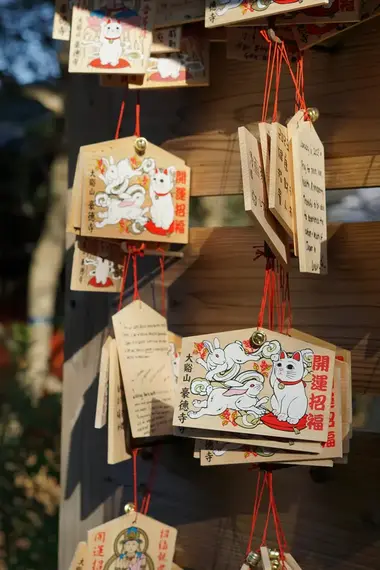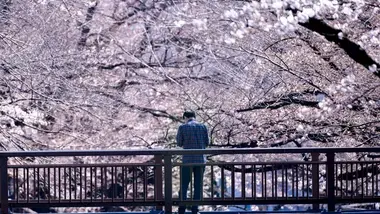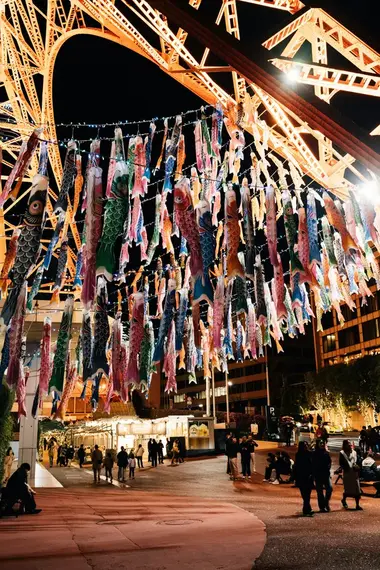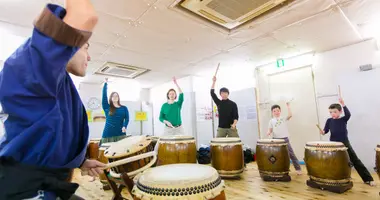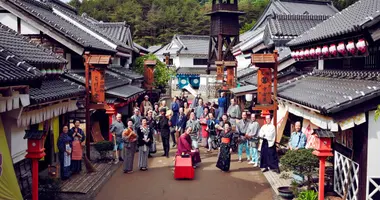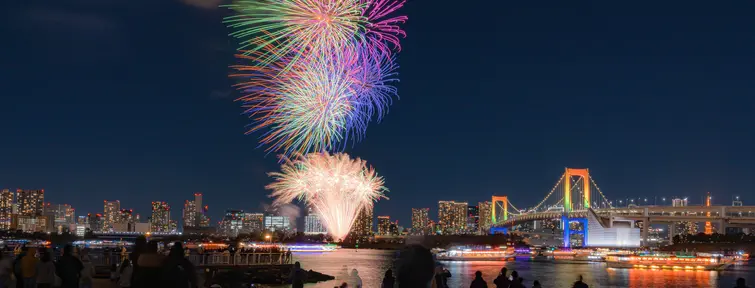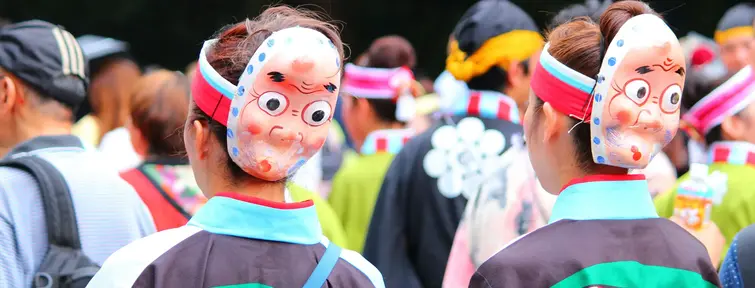National Holidays in Japan
- Published on : 09/09/2025
- by : Phoebe
- Youtube
Did you know that Japan has 16 public holidays? More than just breaks, they are cultural events that give Japanese people the chance to travel and enjoy local traditions. Here’s an overview of the calendar.
January
- January 1st - New Year's Day (Shōgatsu)
New Year's Eve is one of the most important holidays in Japan. It is a special time when Japanese people gather with their families to celebrate the coming year. Most stores and businesses are closed for the occasion.
- Second Monday in January (January 13, 2025) - Coming of Age Day (Seijin no Hi)
Coming of Age Day celebrates young people who have reached the age of majority, which is set at 20 in Japan (18 since 2022, but the holiday remains linked to the age of 20 by tradition). This special day honors their transition to adulthood with official ceremonies organized by municipalities. Participants often wear traditional attire and attend speeches celebrating their new responsibilities in society.
February
- February 11th - National Foundation Day (Kenkoku Kinen no Hi)
This day commemorates the founding of Japan and the accession to the throne of the first legendary emperor of Japan, Jimmu.
- February 23rd - Emperor's Birthday
The Emperor's Birthday is a national holiday, often marked by celebrations and ceremonies at the Imperial Palace.
March
- March 20th or 21st - Spring Equinox Day (Shunbun no Hi)
This day marks the spring equinox, an occasion to honor ancestors and celebrate the change of season.
April
- April 29th - Showa Day (Shōwa no Hi)
April 29 marks the birthday of Emperor Shōwa (Hirohito). This day is an opportunity to remember the significant events of his reign and celebrate the Showa period.
Focus on Golden Week
Golden Week is one of the most important periods of the year. Between late April and early May, it includes several consecutive public holidays (Showa Day, Constitution Memorial Day, Greenery Day, and Children's Day).
For many Japanese people, it is an opportunity to take an extended break, travel around the country, and enjoy local festivities. It is therefore a period of high demand in tourist areas. Public transportation is crowded and hotels quickly become fully booked.
Avoid getting stumped by overbookings and stay at one of our rental homes!
Convenient and fully equipped, our houses throughout Japan are an excellent option for anyone who wants to stay on the archipelago with full confidence!

May
- May 3rd - Constitution Memorial Day (Kenpō Kinenbi)
This day celebrates the adoption of Japan's pacifist constitution in 1947. It is one of the important days of Golden Week.
- May 4th - Greenery Day (Midori no Hi)
This day is dedicated to nature and the environment and is often celebrated with walks or visits to parks.
- May 5th - Children's Day (Kodomo no Hi)
The last day of Golden Week celebrates children, their well-being, and their future. It is customary to decorate public places and homes with carp streamers (koinobori).
June
❌ No public holidays ❌
Traveling with family?
July
- July 21st - Marine Day (Umi no Hi)
This holiday celebrates the oceans and navigation, with many sea-related activities, including festivals and fireworks.
August
- August 11th - Mountain Day (Yama no Hi)
Established in 2016, Mountain Day honors nature and mountains, which are important spiritual and cultural symbols for the Japanese people. The goal is to encourage citizens to appreciate the beauty of the landscape and reconnect with the environment. It is also an opportunity for families to go hiking or participate in outdoor activities.
Focus on Obon (August 15)
Although it is not an official holiday, many businesses close during this period. Obon is an important occasion for Japanese people to pay tribute to the souls of their ancestors.
September
- September 15th - Respect for the Aged Day (Keirō no Hi)
This day is dedicated to the elderly, a tribute to their wisdom and experience and when families pay homage to their older members.
- September 23rd - Autumn Equinox Day (Shūbun no Hi)
As with the spring equinox, this day is marked by family ceremonies in honor of ancestors.
October
- October 13th - Health and Sports Day (Taiiku no Hi)
This is a day dedicated to promoting health and sports, with numerous sporting events taking place across the country. What's on the agenda? Running races, school competitions, and events at sports clubs.
November
- November 3rd - Culture Day (Bunka no Hi)
This day celebrates culture, art, and science. It is marked by award ceremonies in the arts.
- November 23rd - Labor Thanksgiving Day (Kinrō Kansha no Hi)
This day honors workers, as well as harvests and agriculture.
No plans for Culture Day this fall? Discover our Tokyo architecture tour.
From the basements of the past to the heights of the future, a guided tour on the theme of architecture through the spatiality of Tokyo.
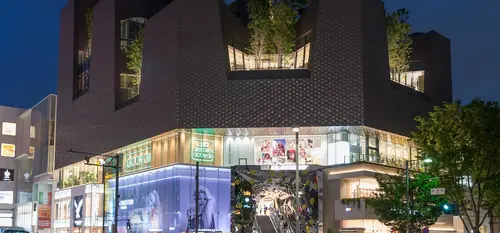
Omotesando
Rs1421
December
❌ No national holidays ❌
The key takeaways
In a country where workers don't count their hours, holidays are a good way to take a break. They also boost the local economy, as many activities are organized throughout the country. To ensure that everyone can enjoy these days off, regardless of calendar constraints, specific rules have been put in place to preserve this time off.
When a national holiday falls on a Sunday, the following Monday is a holiday.
When a day falls between two national holidays (except for Sundays and Mondays, as mentioned above), it also becomes a holiday.
Want to learn more about Japan? Subscribe to our newsletter and follow us on Instagram.
